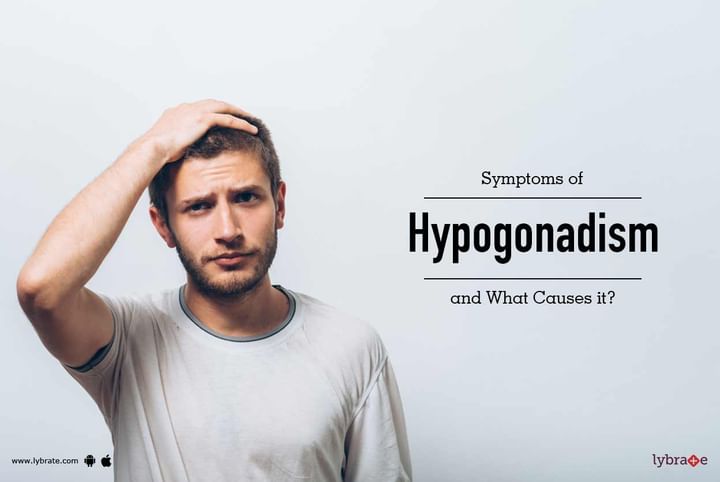Symptoms of Hypogonadism and What Causes it?
When the reproductive glands produce scant to no hormones like oestrogen or testosterone, then it is known as hypogonadism. These hormones are important for controlling secondary sex characteristics like development of breasts in women and testes in men and growth in pubic hair. Sex hormones are also required for the roles they play in menstrual cycle in women and sperm production in men.
Hypogonadism is curable with the right medicines.
Types of Hypogonadism
1. Primary hypogonadism: In this type, there are not enough sex hormones in your body because of a problem in your gonads (testis or ovary). In primary hypogonadism, the gonads do receive the message from the brain to produce sex hormones but cannot produce them.
2. Central/Secondary hypogonadism: In this type, the brain is wherein the problem lies. The pituitary gland and hypothalamus located in the brain do not work properly.
What causes Hypogonadism
The causes of hypogonadism can be classified according to their types.
In primary hypogonadism, the causes are:
1. Genetic disorders (for example, Turner syndrome in women and Klinefelter syndrome in men)
2. Autoimmune disorders
3. Infection
4. Kidney and Liver disease
5. Radiation
6. Surgery
In central hypogonadism, the causes are:
1. Anorexia nervosa
2. Tumours
3. Bleeding in the pituitary area
4. Trauma
5. Taking certain medicines (for example, glucocorticoids and opiates)
6. Anabolic steroids (alternatives to human testosterone)
7. Surgery
8. Genetic problems (example: Kallmann syndrome- unable to start or complete puberty)
9. Radiation
10. Infections
11. Hemochromatosis (excessive iron)
Symptoms associated with Hypogonadism
Symptoms of hypogonadism in females include
1. Lack of menstruation
2. Changes in mood and energy
3. Body hair loss
4. Lack of sex drive
5. Milky discharge from breasts
Symptoms of male hypogonadism include
1. Body hair loss
2. Loss in muscles
3. Abnormal growth in breasts
4. Low libido
6. Fatigue
If you wish to discuss about any specific problem, you can consult a Gynaecologist.



+1.svg)
